An expression that we use frequently at St Paul’s School is “Global Citizenship” (as in our Purpose Statement: To develop resilient global citizens, who are innovative thinkers with a heart for servant leadership). Now, if we are not careful in the use of language like this, it can become jargon that has no meaning to those who aren’t “in the know”, so in this article I would like to elaborate on where the idea comes from and what we understand it to mean.
The concept is not new. Martin Luther King Jnr was really talking about global citizenship in 1965, when he said – “Anyone who feels that we can live in isolation today, anyone who feels that we can live without being concerned about other individuals and other nations is sleeping through a revolution… (What I am) saying is simply this: that all mankind is tied together; all life is interrelated, and we are all caught in an inescapable network of mutuality, tied in a single garment of destiny.”
Of course, since 1965, we have witnessed a revolution in transportation, communications and information technology. The world really is, metaphorically, becoming smaller. Not only can I easily, and quite cheaply, keep in touch with (or go and visit) my daughter and her family in Norway, but I am also able to closely and almost immediately follow political and sporting events, natural and humanitarian disasters in every corner of the world.
Not only is change continuing, but it is happening at an increasing rate. Consequently, organisations like St Paul’s School have to remain nimble, adapting to these changes, if we are to continue to offer an education that is worth having. The world in which your children grow old is likely to be a very different world from that in which I grew up. Perhaps more than any generation before them, the children in school today are going to grow up into a world with a global economy and an international job market. Global problems, including climate change and a widening gap between rich and poor, impact on all of us. Even in geographically-isolated Australia, change has come to us in the form of unprecedented cultural diversity and religious pluralism, as well as ubiquitous information technology and artificial intelligence.
In the face of such change, we propose that schools need to help students to become global citizens. To clarify, I’d like to propose a definition, drawn from Oxfam and the US Fund for UNICEF – “a global citizen is someone who understands interconnectedness, respects and values diversity, has the ability to challenge injustice, and works with others to make our planet more equal, fair and sustainable.” That is, a global citizen –
- – Feels responsible for helping others, in their own community and distant places.
- – Respects the rights of others, in their own community and distant places.
- – Is open-minded and interested in learning new things about the world.
- – Has empathy for others, including understanding and concern for othersʼ feelings, in their own community and distant places.
- – Demonstrates concern for the environment, locally and globally.
- – Believes people should be treated fairly, in their own community and distant places.
- – Is able to solve problems or disagreements with others, including compromising and finding solutions together.
One way in which the School has decided to respond to the challenge of global citizenship is to create two additional Executive Captain positions, commencing in 2020. The Global Citizenship Captains (ideally, a boy and a girl in Year 12) will, like all the other Executive Captains, have the responsibility of forming a portfolio committee of interested students in Years 7-12 who would like to lead the school to take action in this important area. As with other student leadership positions for 2020, interested Year 11 students should advise their House Leaders of their intention to nominate and begin work on their applications, due at the end of this term.
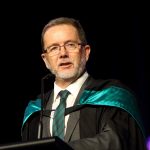 Mr Nigel Grant
Mr Nigel Grant
Executive Director of Faith & Community
 Dr Paul Browning
Dr Paul Browning
 Mr Nigel Grant
Mr Nigel Grant
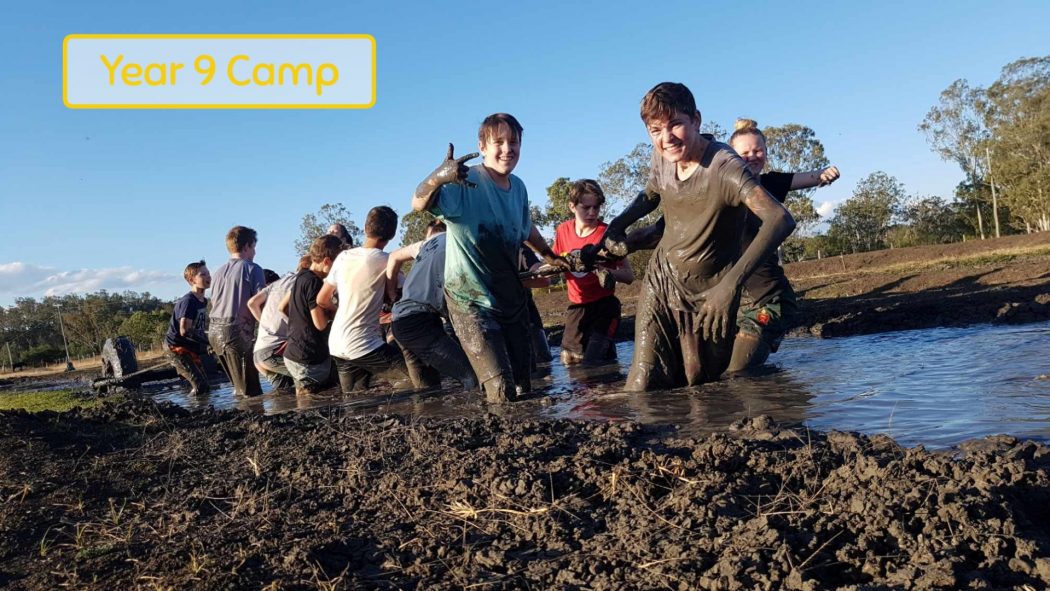
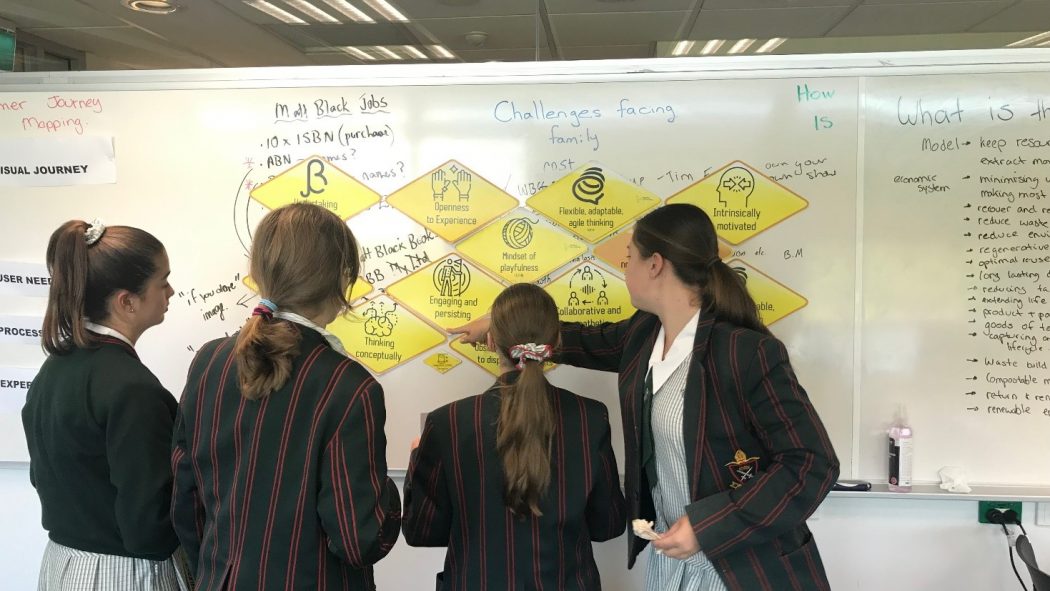
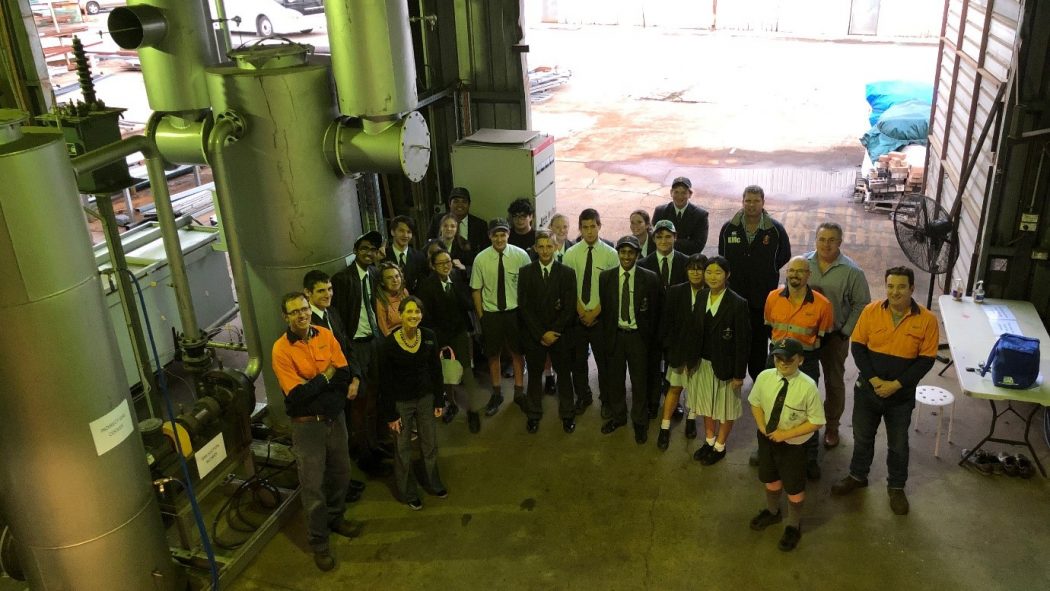
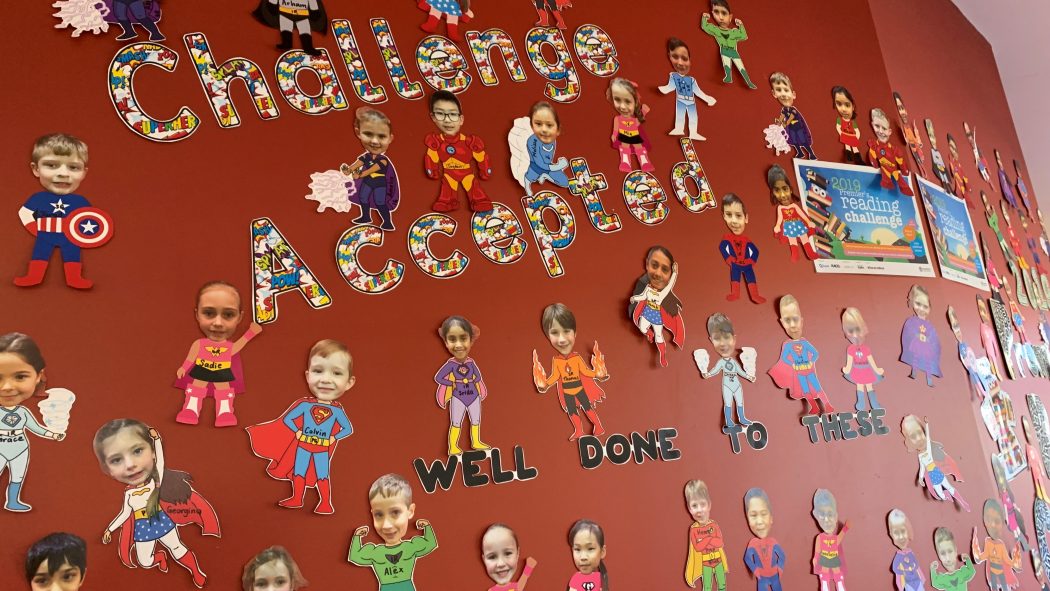
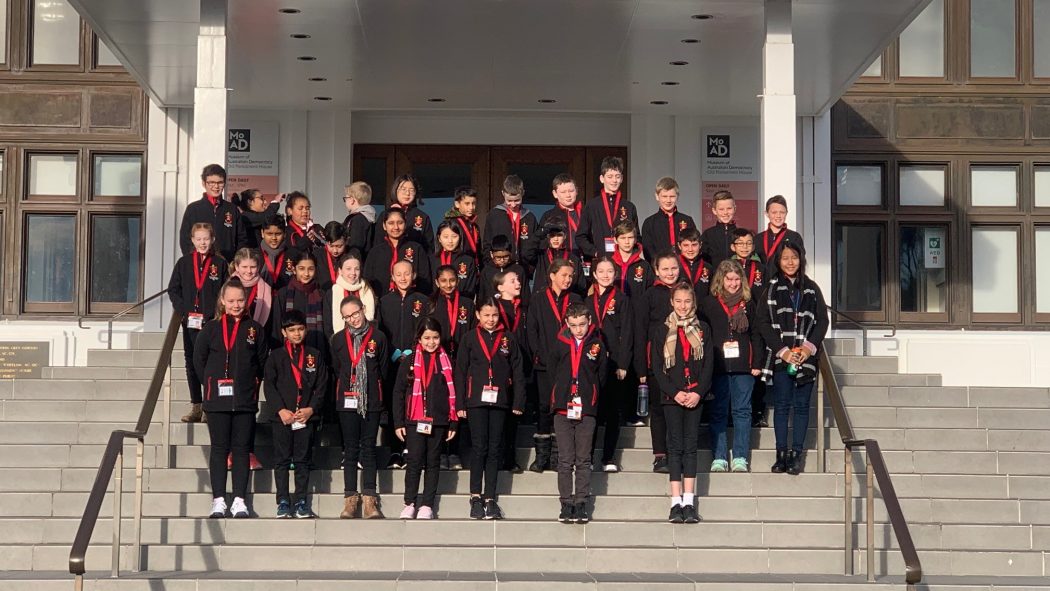
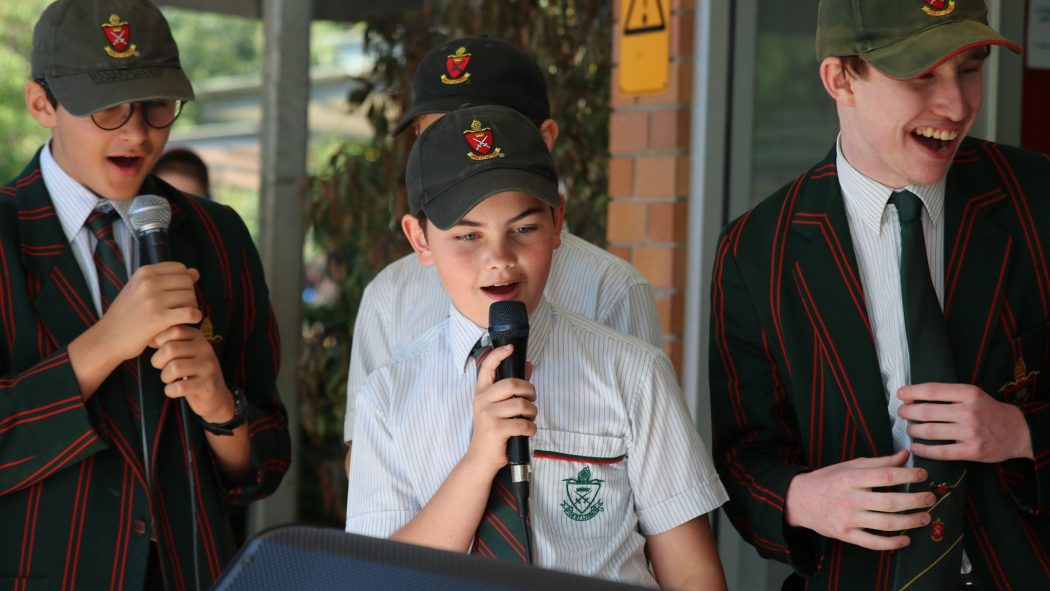
 Our Auditioned Choir will also be doing a piece on their own during the concert. Tickets are available on the QPAC website, and we encourage all parents and families of our singers to what is sure to be a brilliant night of music.
Our Auditioned Choir will also be doing a piece on their own during the concert. Tickets are available on the QPAC website, and we encourage all parents and families of our singers to what is sure to be a brilliant night of music.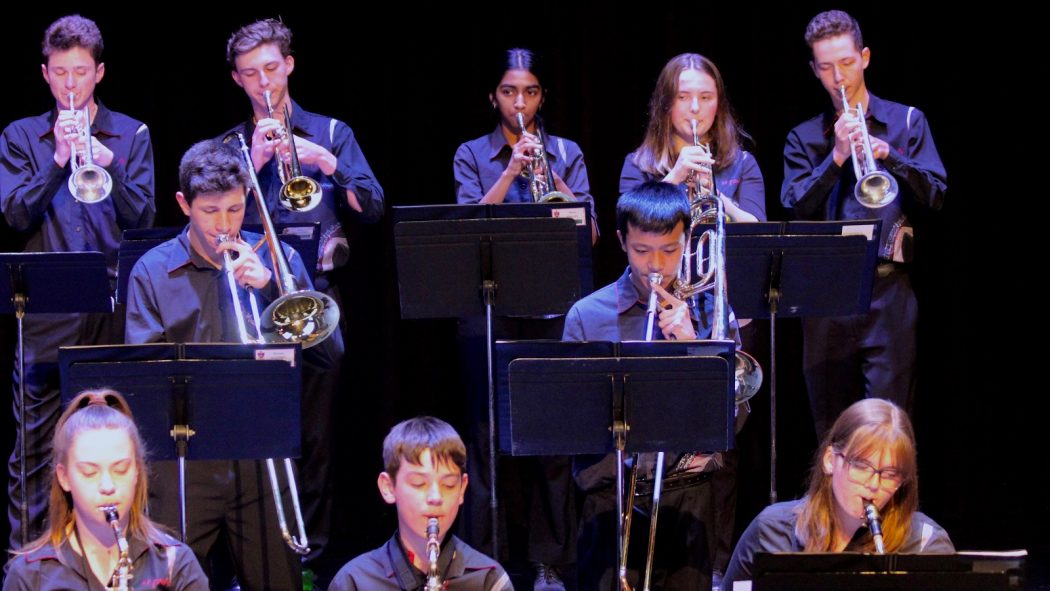

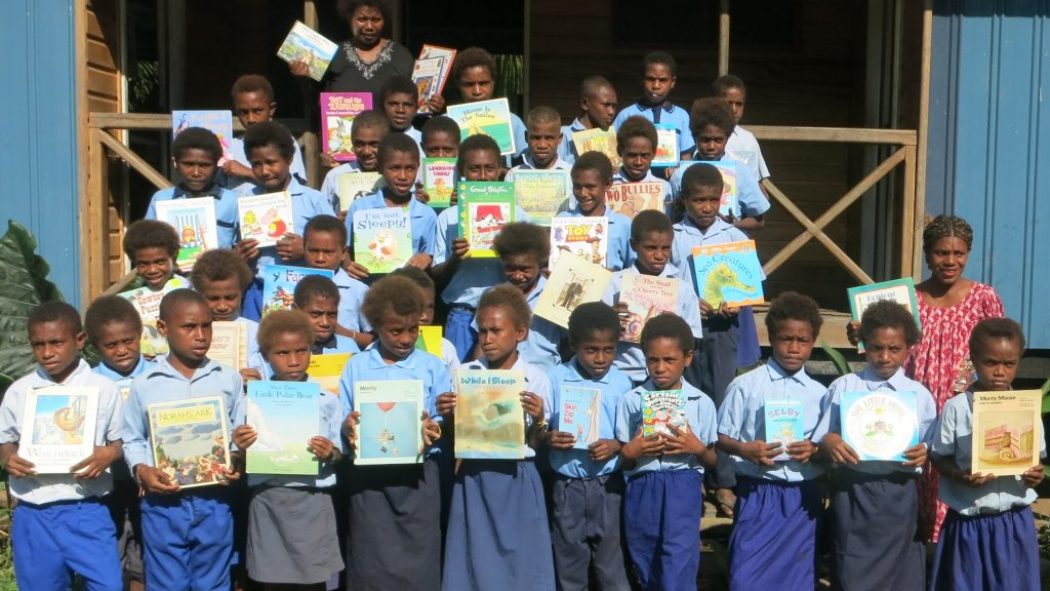
 We would love to see some new faces join our small but enthusiastic supporters’ group as general committee members. Hope to see you all there!
We would love to see some new faces join our small but enthusiastic supporters’ group as general committee members. Hope to see you all there! Monster raffle
Monster raffle The BNJCA is one of the most popular junior cricket competitions in Queensland so check it out at
The BNJCA is one of the most popular junior cricket competitions in Queensland so check it out at 
